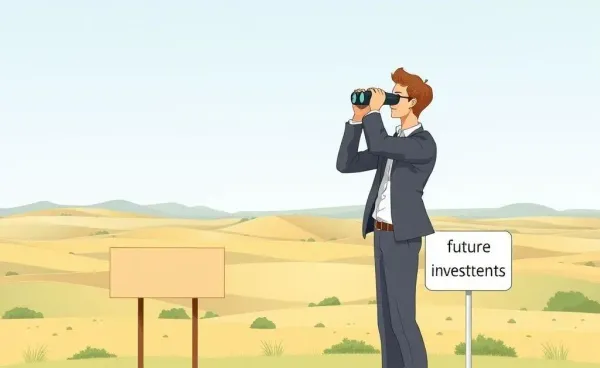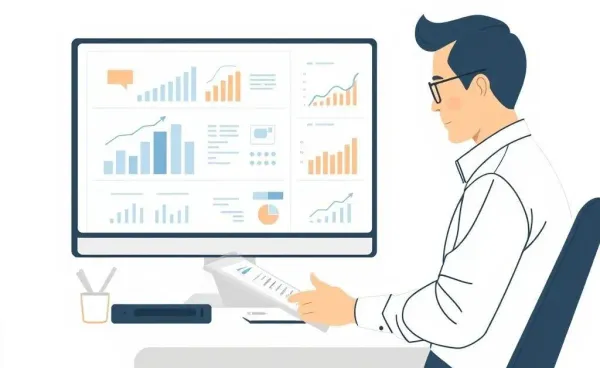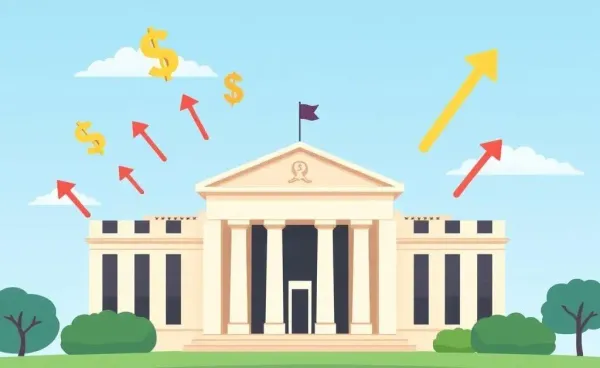Understanding Economic Slowdowns and How They Impact You
Discover how economic changes affect you and what actions to consider.
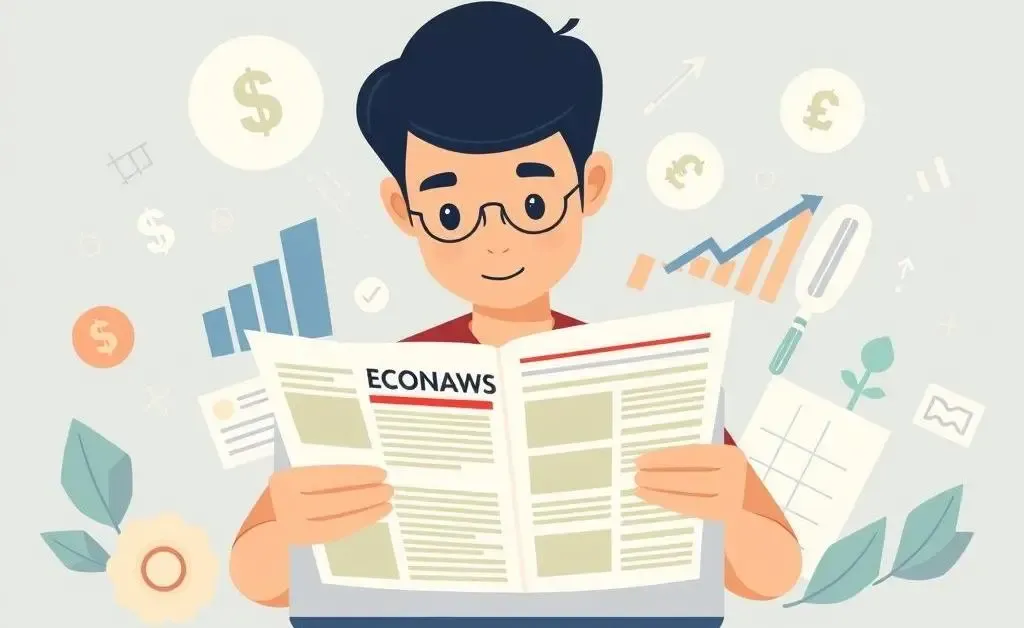
Hey there! It seems like every time we blink, there’s a new headline about the economy slowing down or speeding up. If you’re like me, trying to make sense of it all might feel a bit overwhelming. Let’s chat about what an economic slowdown really means and how it might affect our day-to-day lives.
What Happens During an Economic Slowdown?
An economic slowdown is just a fancy way of saying that the economy's growth rate is declining. It doesn’t mean the world is ending, but it can have ripple effects on various parts of our lives.
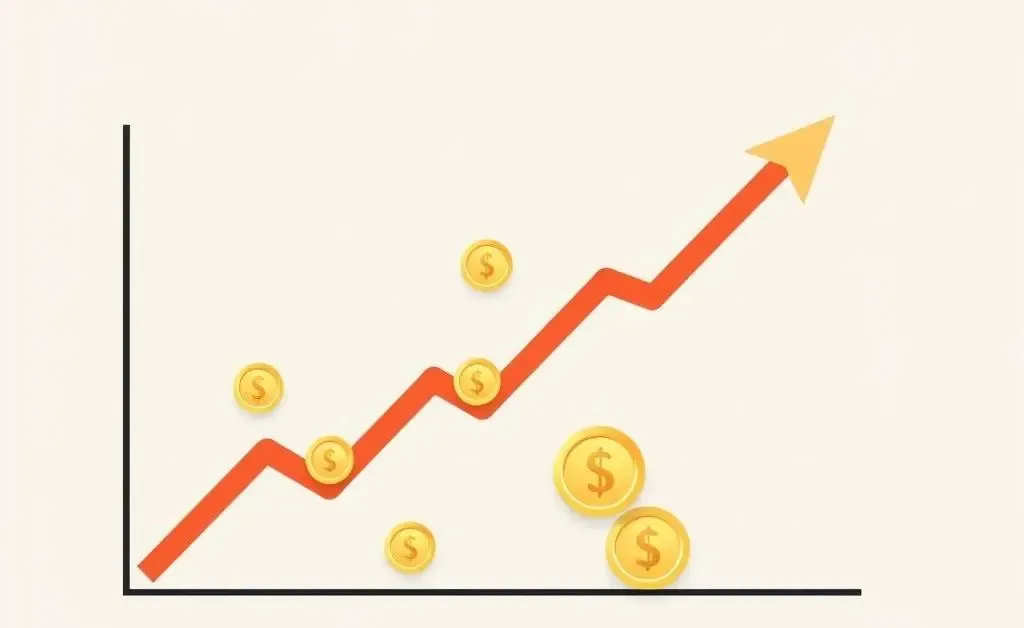
When the economy slows, businesses might pause their hiring, or in some unfortunate cases, lay off employees. You might notice fewer new products in your favorite stores or even changes in investment patterns.
Why Do Slowdowns Happen?
There can be many reasons for an economic slowdown: interest rates adjustments, policy changes, or global economic events, to name a few. Sometimes, it’s a natural part of economic cycles. Understanding these factors can help us better prepare and respond.
How Could a Slowdown Impact Your Personal Finances?
Now, on a more personal level, slowdowns can lead to changes in job security, prices, and interest rates that directly affect our wallets.
- Job Security: If you hear about cuts or hiring freezes, it might be time to up your saving game to build a cushion for potential tough times.
- Cost of Living: Prices might rise slower, but if wages stagnate, it could feel like you’re not getting ahead.
- Savings and Investments: Interest rates and stock market fluctuations can impact the returns on your savings and investments.

What Can You Do? Practical Steps to Take
First and foremost, don't panic. Stay informed, but remember to assess your situation logically.
- Build an Emergency Fund: This could be your financial life raft. Aim for 3-6 months' worth of living expenses.
- Review Your Budget: Look at your expenses and identify areas where you might cut back if needed.
- Consider Career Moves: Keep an eye open for upskilling opportunities or ways to diversify your income streams.
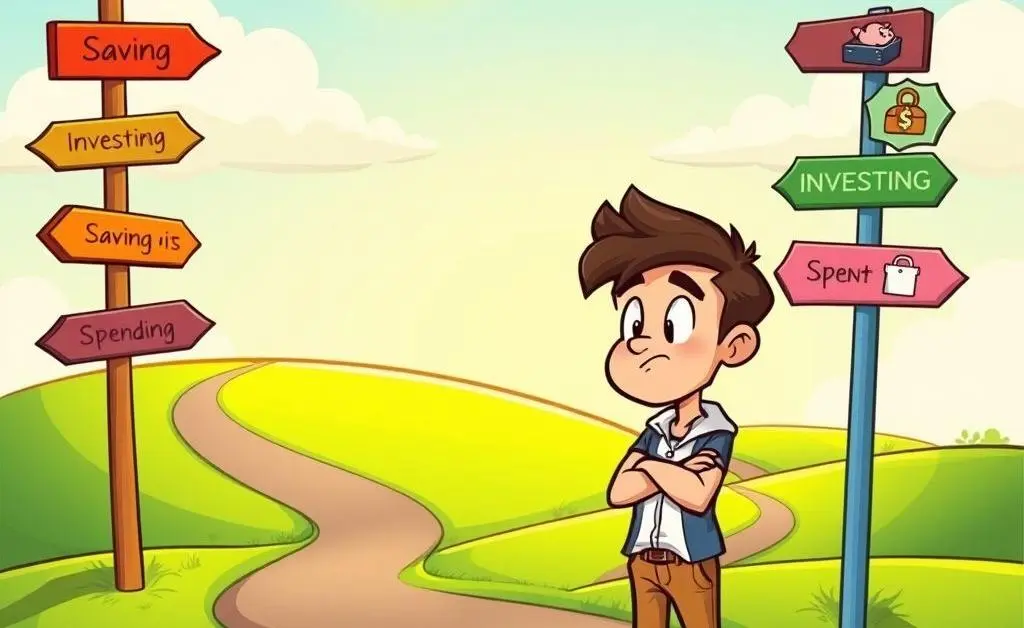
Final Thoughts
Economic slowdowns might seem daunting, but they also encourage us to reassess and strengthen our financial habits. By staying informed and proactive, you can turn uncertainty into opportunity. So what do you think? How do you plan to adapt to economic shifts? Share your thoughts below!


